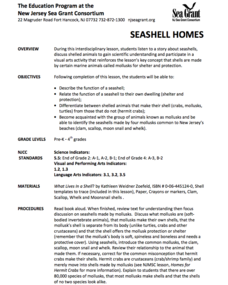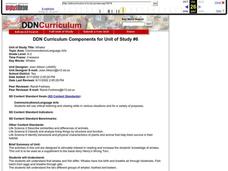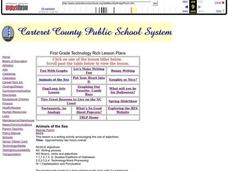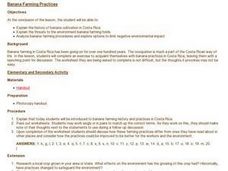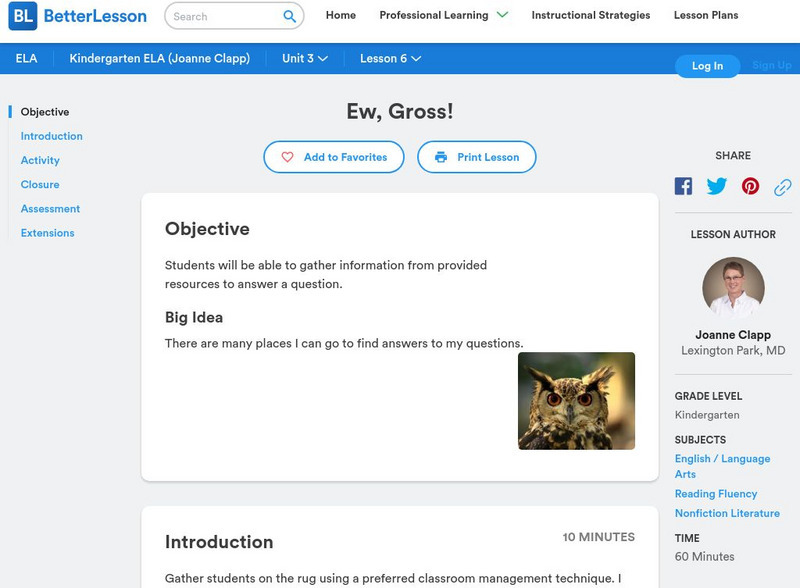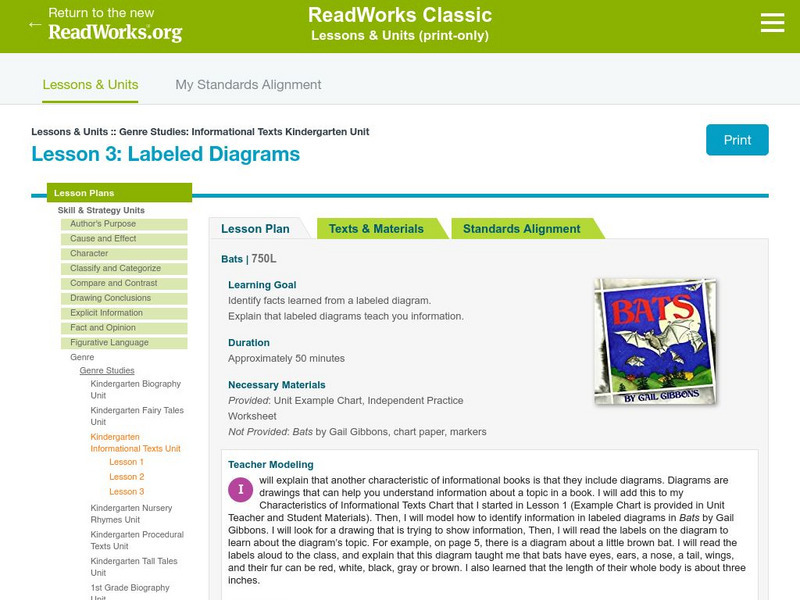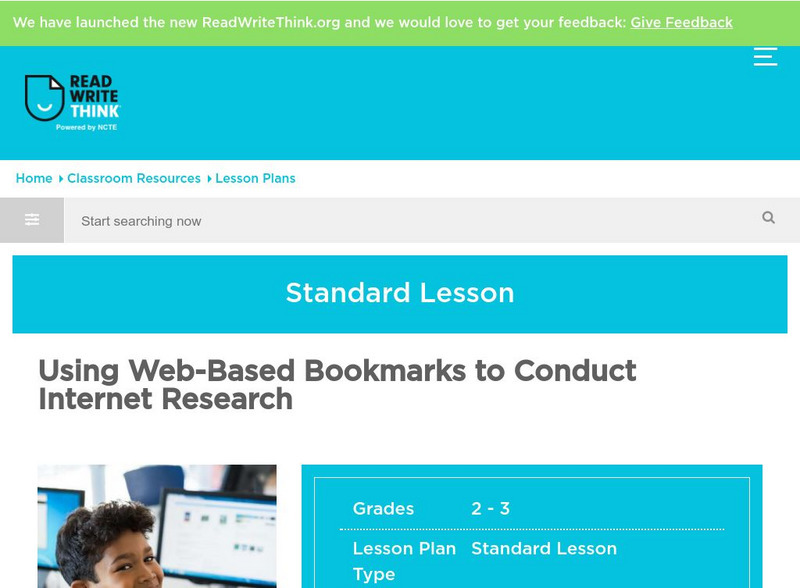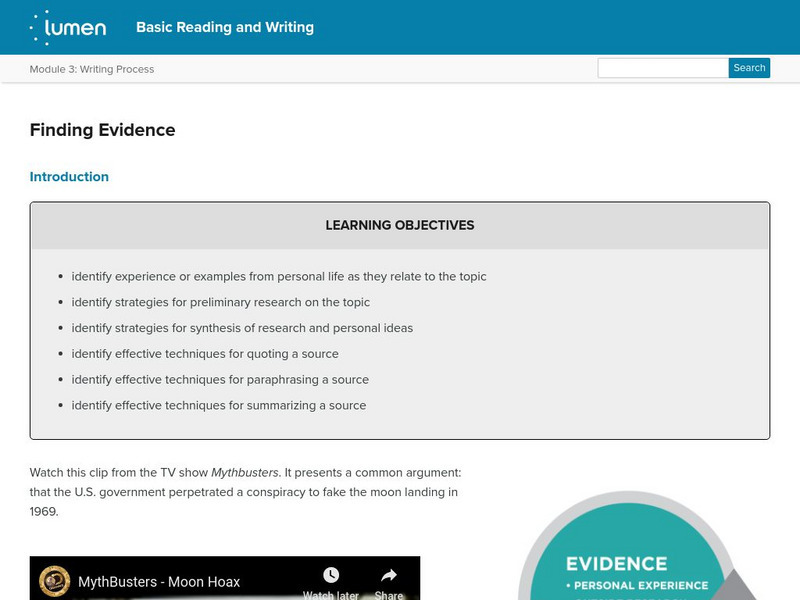Curated OER
Ordering Integers
Sixth and seventh graders compare and order integers. After locating integers in a newspaper, they describe examples of negative and positive integers. They draw a thermometer and locate positive and negative integers on the scale. In...
Curated OER
Bats About Stellaluna
Young scholars, after listening to Janelle Cannon's picture book Stellaluna, explore a variety of living things through three distinct activities. They make a list of what they know and want to know about birds and bats. Orally and in...
Curated OER
Seashell Homes
Pupils listen to a story about seashells. They discuss shelled animals. Learners describe the function of seashell. Pupils relate the function of a seashell to their own dwelling. They differentiate between shelled animals that make...
Curated OER
Gateway to America
Fifth graders study about immigration, Ellis Island, and tenement life from 1890 to 1924. They create an identity of a fictitious immigrant and describe what they find when they arrive in New York.
Curated OER
Deserts
Students do various activities to explain where the United States' desert region lies in relationship to the state in which they live, become familiar with plants and animals in the Sonoran desert, and make a story map of Roadrunner...
Curated OER
Whales
Students compare the differences between whales and fish. They examine the differences of toothed and baleen whales. They identify behavioral and physical characteristics of animals that help them survive in their habitat.
Curated OER
Shhhhh, the Baby's Asleep
Students identify the digraph /sh/ in written and spoken language. After a discussion of the independent and combined sounds of the phonemes /s/ and /h/ students practice identifying initial and final placement of the new digraph /sh/ in...
Curated OER
The U.S. Constitution
Students explain the differences between the three branches of government. Using the structure of a democracy, they listen to text about the United States Constitution. They discover how their government affects their lives in negative...
Curated OER
Final Exam Review
Students review material from throughout the semester. They work together in groups to review the material. They discuss the best way to review for the exam.
Curated OER
Animals of the Sea
First graders construct a story using adjectives. They type and edit their story using a computer and ClarisWorks, Kids-Paint and Write.
Curated OER
Government
Students evaluate how the United States government has maintained a balance between protecting rights and maintaining order. They analyze the impact of Supreme Court decisions on governmental powers and the rights and responsibilities of...
Curated OER
Interpreting Quotes from Native Americans and European Americans (1790s-1820s)
Students examine the relationships between Native Americans and Europeans. Using the War of 1812, they analyze quotes of each group and discuss how they are connected to the war. They discover how each group viewed the same situation...
Curated OER
Bar Me In
Fourth graders watch a video about constructing bar graphs. They create their own graph and interpret it.
Curated OER
Perspective on the Slave Narrative
Learners work with the slave narrative as a resource for historical study and evaluate it as a work of literature; students then examine the narrative in the context of political controversy as an argument for abolition.
Curated OER
What will you be for Halloween?
First graders construct a story sticking to the topic with 2-4 sentences.
Curated OER
United States Colored Troops in Missouri: Finding African American History at the M
Students analyze primary source documents about African American soldiers in Missouri. They work together to complete a worksheet about the document. They discuss the information they gathered as a class.
Curated OER
Banana Farming Practices
Students explain the history of banana cultivation in Costa Rica and explain the threats to the environment banana farming holds. They analyze banana-farming procedures and explore options to limit negative environmental impact.
Better Lesson
Better Lesson: Ew, Gross!
For this lesson, students will be able to gather information from provided resources to answer a question. Using the book "Owls", the teacher will read the book while asking guiding questions. After the book, the students will have to...
Read Works
Read Works: Genre Studies: Informational Text Kindergarten Unit: Labeled Diagrams
[Free Registration/Login Required] Lesson uses Bats by Gail Gibbons to teach young scholars how to identify facts learned from labeled diagrams within an informational text. Ideas for direct teaching, guided practice, and independent...
ReadWriteThink
Read Write Think: Creating Question and Answer Books Through Guided Research
Contains plans for five lessons that develop research skills in primary students by having them create their own question and answer books. In addition to objectives and standards, this instructional plan contains links to sites used in...
Read Works
Read Works: Fact and Opinion Kindergarten Unit: Opinion
[Free Registration/Login Required] A lesson using Animal Touch by Kirsten Hall to teach students to form opinions based on information found within informational texts. Includes ideas for teaching, guided practice, and independent...
ReadWriteThink
Read Write Think: Using Web Based Bookmarks to Conduct Internet Research
The important thing about this instructional activity is that it connects literature and science. The Important Book by Margaret Wise Brown provides a model for original student poems about a content area topic. Web-based bookmarks guide...
Lumen Learning
Lumen: Writing Process: Finding Evidence
This lesson focuses on finding evidence to support your thesis, how to incorporate your findings into your own work, and how to effectively quote, paraphrase, and summarize your information. CCSS.ELA-Literacy.CCRA.W.9, W.11-12.1b...




